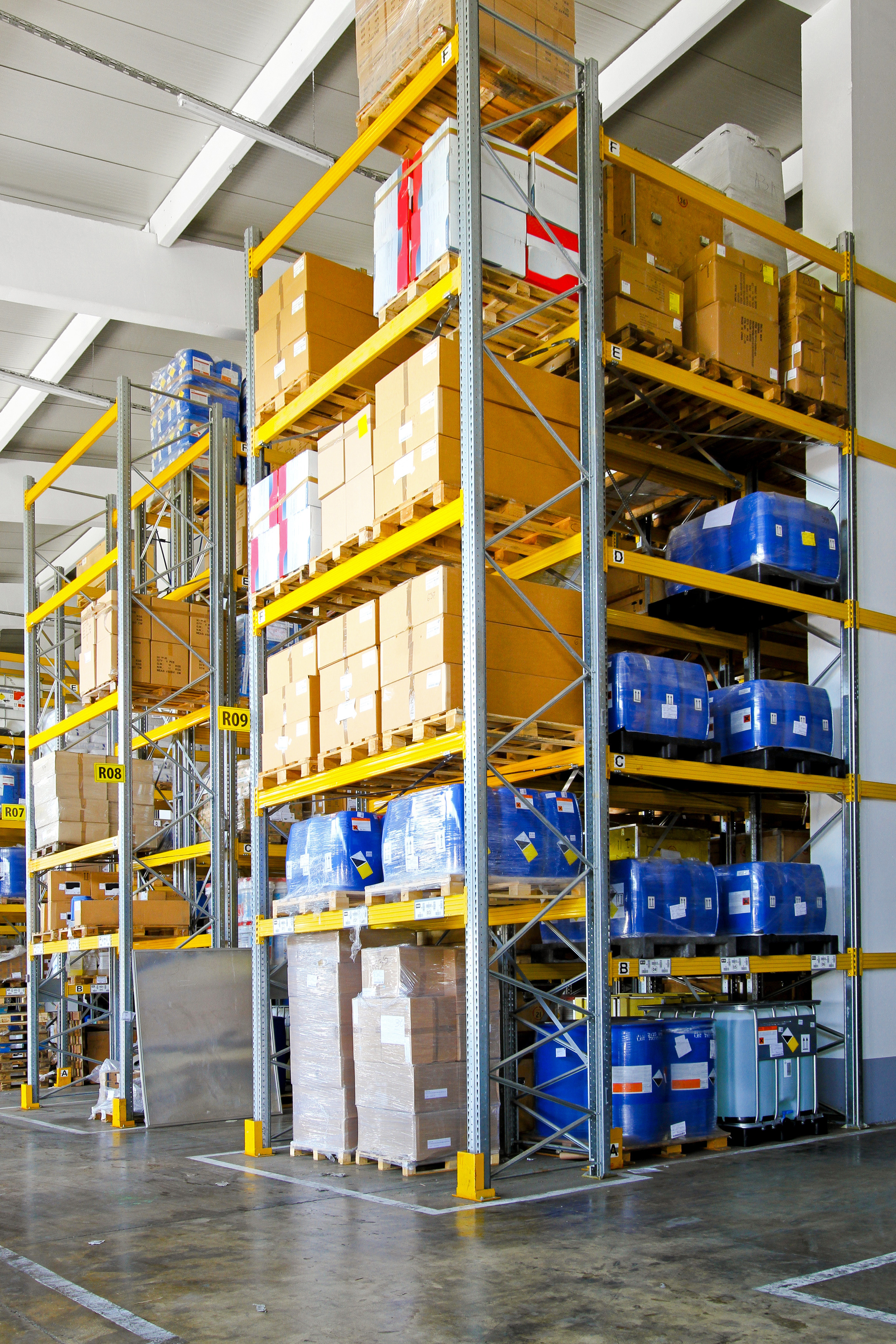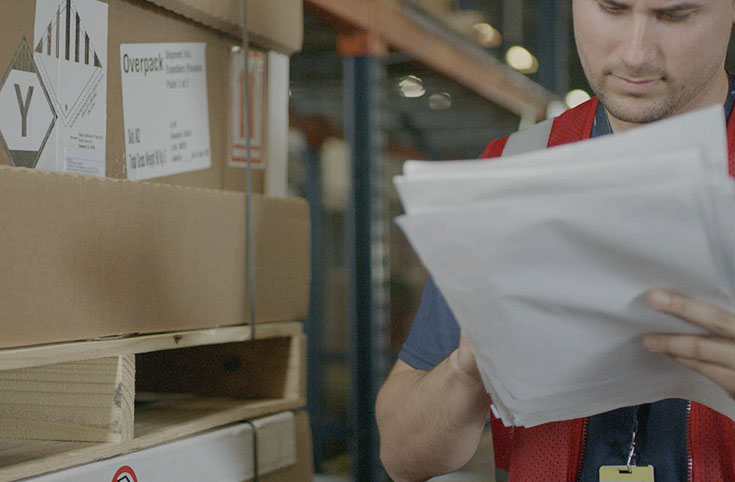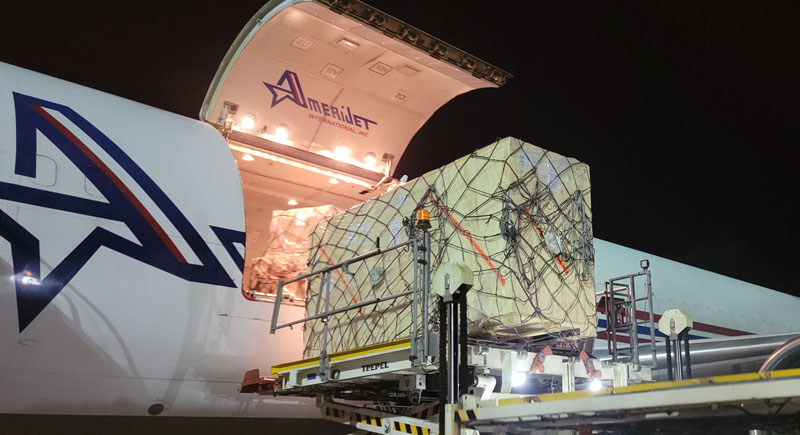Hazmat by Air and Ground Requires Safe Travel

DATE: 02/21/17
Shippers of hazardous materials (“hazmat”) or what are known as dangerous goods vary widely and include well-known manufacturers of electronics (even of smartphones) and components, industrial and energy-related companies. Those within the hazmat supply chain can include retailers, utility companies, healthcare providers, donor organizations, manufacturers, suppliers and even consumers.
The hazmat supply chain demands that only the most stringent care be taken with shipping these products, raw materials or supplies by ground and air. Within the United States, the U.S. Department of Transportation (DOT) regulates hazmat transportation. The International Air Transportation Association (IATA) is among those global organizations which categorize dangerous goods into nine classes, in addition to several subcategories, on the basis of the specific chemical characteristics producing the risk, such as corrosive, environmental hazard, flammable, or toxic, among others.
Dangerous goods by air and ground
While you may know that certain gases such as helium and propane are dangerous goods, or that fireworks are dangerous explosives, you may not know that other items are considered hazmat when transport is required. Even miscellaneous articles which are commonly transported may contain asbestos, dry ice (such as in packing materials) or other hazardous substances.
Hazmat by air has its own shipping regulations and guidelines. For example, lithium batteries, outside of the personal electronic items carried onboard a passenger flight such as a smartphone, are banned on passenger airlines. The Federal Aviation Administration (FAA) currently bans lithium-metal batteries in the cargo holds of passenger aircraft. A number of large commercial passenger airlines have decided voluntarily not to carry rechargeable, lithium-ion batteries.
If you need to ship dangerous goods or aren’t sure if the materials or items you are shipping are considered hazmat, it is always a good idea to work with a qualified shipping professional such as a freight forwarder or shipping agent who has a track record in shipping dangerous goods. For example, exporters of dangerous goods would need to check the dangerous goods transportation regulations within the destination country.
Amerijet: hazmat specialist
All-cargo carrier Amerijet follows all IATA Dangerous Goods Regulations, as recognized by the world’s airlines, and is one of the few airlines qualified to transport most hazmat materials. The Miami-based carrier has hazmat shipping agents on staff who are versed in the proper handling procedures. Amerijet works closely with freight forwarders who are familiar with their customer’s hazmat operations and qualified shippers of hazmat.
In addition to air, Amerijet offers shipping options for dangerous goods that include ground transfer and other services, such as airport-to-airport service, U.S. bonded shipments, LTL and FTL shipping for additional ground transfer throughout the United States. Internationally, Amerijet can ensure your hazmat shipments reach their destination safely with door-to-airport and door-to-door cross-border service to Mexico and Canada.
Learn more about Amerijet dangerous goods shipping.





